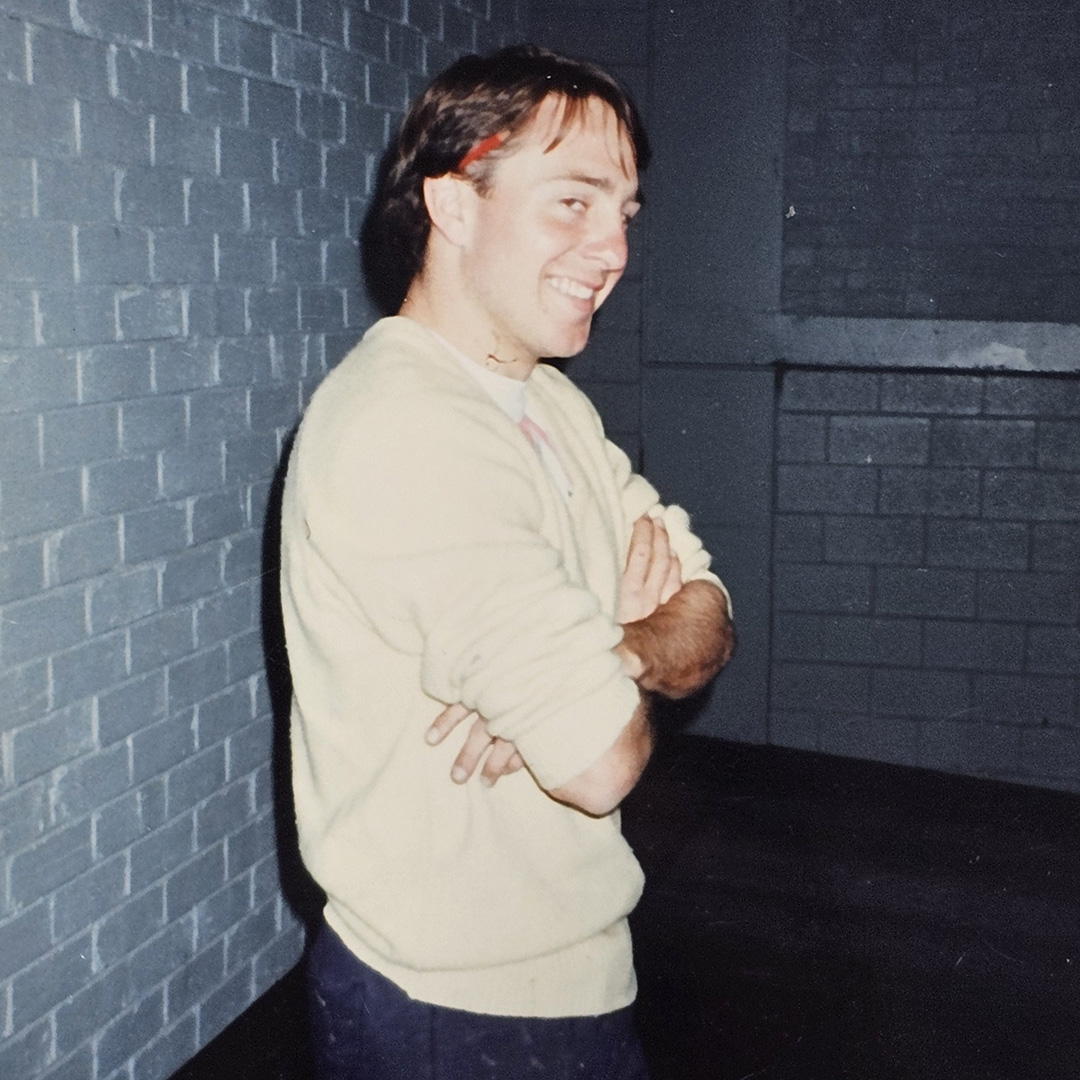From the Workshop to the Top: Dean’s Journey Through Industry Transformation
Dean Brakell is the CEO, prominent voice and a beacon of change within the Australian Cabinet and Furniture Association (ACFA). His journey embodies the spirit of grit, innovation, and leadership and he has seen the industry from every angle: from the hands-on craftsmanship of the workshop floor to the strategic vision required at the helm of an industry association.

Dean’s entrance into the world of furniture-making back in 1986 was something of happenstance—an opportunity that arose from his mother’s connection to the business owner who would become his mentor. Though initially unsure, Dean recalls how his passion for the craft was ignited by two influential teachers who went above and beyond in their approach to teaching – a refreshing change after a challenging first year. These educators didn’t merely impart technical skills; they were the catalysts that sparked Dean’s insatiable drive for excellence. “I wouldn’t have done that unless, you know, my second and third-year teachers actually drove me to be better,” Dean reflects, acknowledging their significant impact.

During a recent interview with Cabinetry.Online, Dean shared tales from his early days as an apprentice through to his leadership roles, painting a vivid picture of the personal and industry growth he’s witnessed and influenced. A pivotal moment in Dean’s career was his transition to a supervisory role where he quickly learned the importance of efficiency and innovation, even if it meant ruffling a few feathers along the way. “I was thrown in the deep end.” he recalls, underscoring the steep learning curve he faced. Fortunately, “I was lucky to have some pretty good tradesmen in that area too. And they grabbed me under their wing,” he adds, emphasising the importance of mentorship.
The role of leadership is a thread that runs deeply through Dean’s narrative. His emphasis on the need for progressive thinking is clear when he discusses how training organisations and governments must adapt to the changing landscape. For Dean, effective leadership is not just about managing—it’s about inspiration, foresight, and action.
Dean’s view of the future is one where continuous adaptation and technology play crucial roles. Yet, he doesn’t forget the importance of nurturing new talent. He highlights the critical lack of skilled workers and the need to reshape perceptions around the trades. According to Dean’s vision, the solution lies in a collective effort: industry associations, businesses, and governments must work together to provide pathways and support for up-and-coming talent, potentially revisiting apprenticeship models and providing incentives for training and mentorship.
Taking a holistic view, Dean understands that it’s not just about driving efficiency and embracing technology but also about creating a culture that values work-life balance, flexibility, and the well-being of employees. His leadership philosophy focuses on being authentic and leading by example, ensuring that you’re not just delegating tasks but empowering individuals and showing them how it’s done.
Dean revealed perhaps one of the most crucial tools in his vast arsenal—his page-to-a-day diary. “If there was one thing that I pulled out from the old days of being in the industry, it’s really time management that’s key.” This seemingly antiquated device has been a stoic companion through his years of rapidly changing roles (he still has his diaries from the last 25 years!), a personal testament to the enduring power of organisation and foresight.
But Dean’s time management also extends to a more profound philosophy—one that appreciates the value of human capital in an industry that relies heavily on craftsmanship and creativity. As the ACFA has transitioned through decades and faced the challenges of maintaining a skilled workforce, Dean emphasises that businesses must evolve in their approach to staff engagement. Creating an environment that fosters personal well-being, with adequate breaks for reflection as well as varied work roles to ensure staff don’t become jaded by slugging away at the same task day in, day out.
This holistic approach to employee welfare is deeply intertwined with a company’s ability to retain its staff, as Dean points out. In an age where employee churn can be costly, businesses need to offer more than just a paycheck. “We’ve really got to make sure that we manage their time and manage their stress levels,” he insists. They must provide a culture that prioritises work-life balance, offers flexibility where possible, and actively promotes mental and physical health. These values resonate deeply with a workforce that increasingly measures the worth of a job not just in dollars but in quality of life.

By embodying these principles, Dean has paved the way for an industry that can attract vibrant new talent and retain the skilled artisans that are its lifeblood. He knows firsthand that the surest way to keep a team together is to ensure they feel valued and have the space to grow both professionally and personally. Under Dean’s guidance, the ACFA has become more than just a representative body; it has become a beacon for an industry where tradition meets innovation and where every staff member is given the chance to shine. Through his journey, Dean proves that the key to a thriving industry lies just as much in nurturing the spirit as it does in honing the skills.
Dean’s story is not just one of personal success but a blueprint for how the industry can evolve and thrive. From his days as an eager apprentice to his current role as CEO of ACFA, he exemplifies how passion, adaptability, and a desire to give back can forge not only a legendary career but also a brighter future for an entire industry. His journey from ‘on the tools’ to a pivotal industry pioneer is a testament to what can be achieved with the right mix of experience, inspiration, and unwavering commitment to change.






